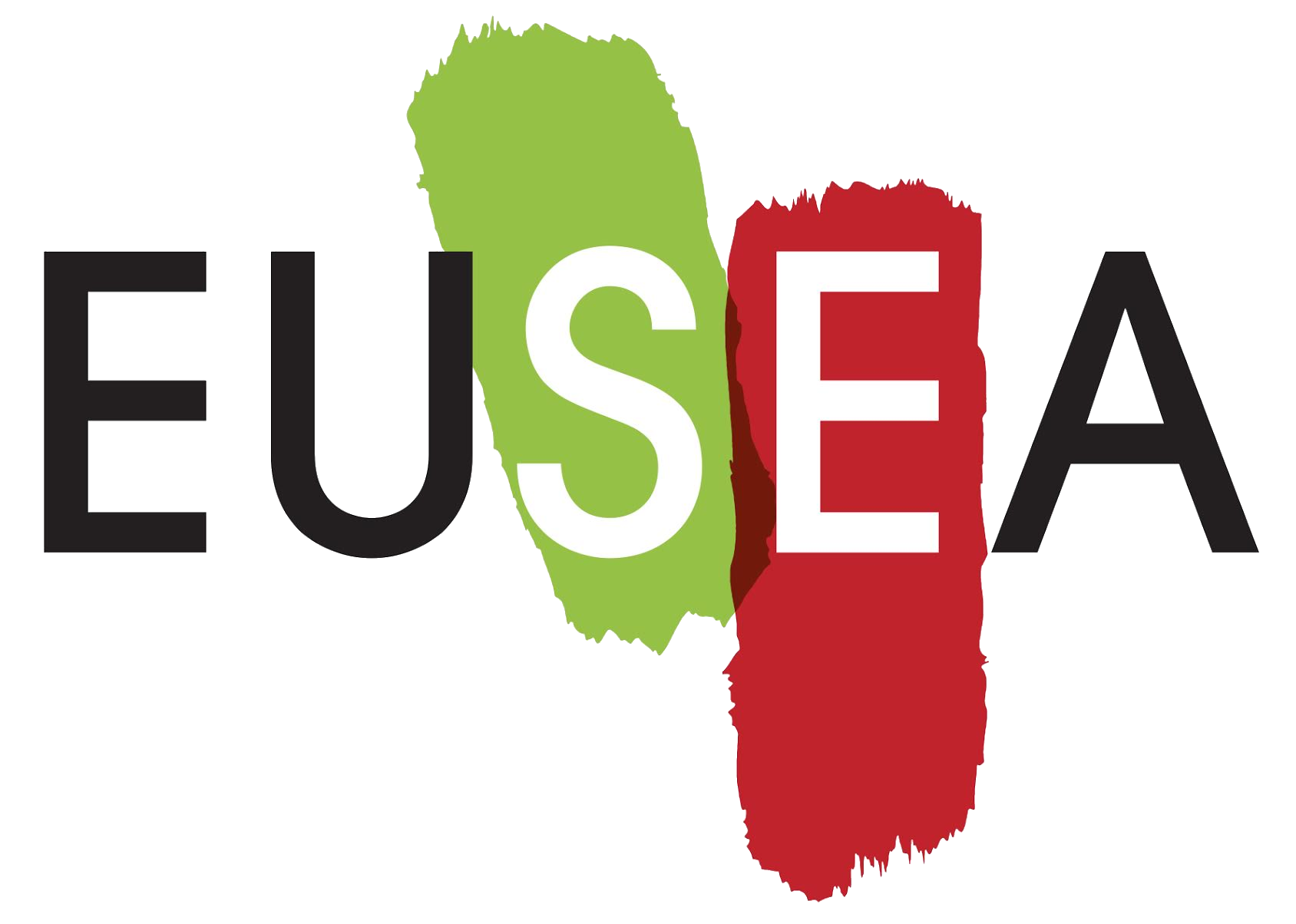Description
Science advocacy program for youngsters (SAPFY) exposes elementary and high school students to basic science experiments. Students are trained to be creative with scientific principles by ‘doing it themselves’. They are taught practical science in a fun way, hence facilitating the understanding of science, its usefulness for solving daily life problems and its consideration as a career path. Participants are also trained in other soft skills like critical thinking, idea mapping, problem-solving, public speaking and leadership.
Purpose
To inspire schoolchildren into making career choices in sciences and helping them develop the critical thinking skills needed to solve community problems with science.
To raise the next generation of scientists in Nigeria and reduce the level of dropout from sciences
The 3 most important lessons from the project include:
- Learning science only becomes difficult and uninteresting when we learn it the wrong way.
- Effective learning of science at the elementary level is foundational for retention of students’ interest in science in the future
- Alternative teaching and learning aids are possible in the case of inadequate resources to ensure effective learning of science especially in resource poor-countries.
Target Groups
Primary and secondary school children
SAPFY helps each student to be able to relate with science in their everyday life and be able to solve community problems with scientific principles. It also equips the students with important life skills like: creativity skills, teamwork, problem solving, communication skills, leadership skills, ICT skills, planning and critical thinking skills.
Comments from the organisers: “SAPFY makes sustainable impact since the teachers also participate with the students and can proliferate same training with science kits gifted to them. Since the past two years we started, we have been able to reach out to over 300 schoolchildren. We want to be able to reach out to all the 36 states in Nigeria simultaneously, training up to 5000 in each state annually; also to share our experience and expertise with other African countries that will like to take up our initiative. We look forward to incorporating a train-the-trainer approach for science teachers alongside students’ training in order to make a quicker impact over time. We also hope to develop a longitudinal impact monitoring system for our project to ensure effectiveness.”
Target Audience
- Children 7-12
- Teenagers
You can do it with all those groups, but we did it with professionals from different fields like public engagement or the cultural and creative sector.
Benefits
Benefits
SAPFY has changed the way schoolchildren engage with science in Nigeria. This project has given opportunity for students to appreciate and relate with science by doing it themselves; having a self-paced learning and being able to use science to solve community problems.
What is surprising is that after this project the perception of science by all our program participants changed, and the sudden desire to also replicate all they have learnt by teaching others. Through our follow with the participating students, we have observed great improvement in the participants’ perception of science and their school performances in sciences including scientific innovations, features in science competitions, and university career choices.
Institution
Dr. Smart Mbagwu
Program Director, LifePorte Nigeria
Lecturer, Anatomy Department, Nnamdi Azikiwe University
Mr. Izuchukwu Azuka Okafor
Project Manager, LifePorte Nigeria
Lecturer, Anatomy Department, Nnamdi Azikiwe University



